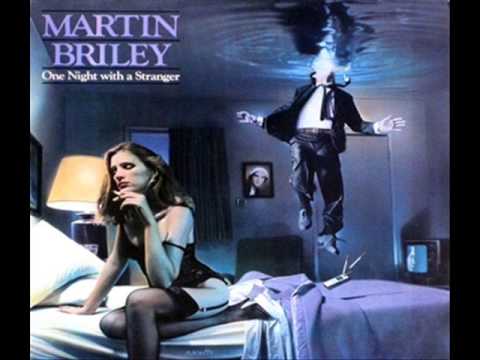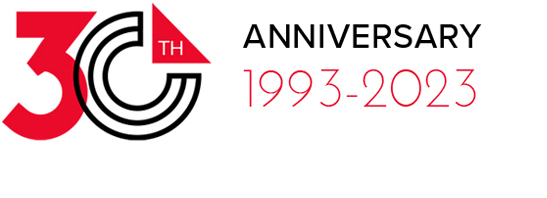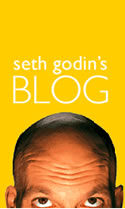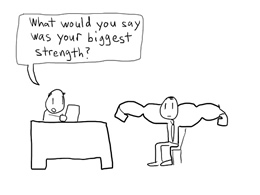The Keys to a Successful Trade Show: Handling Mistakes
Advicertainment by M. Christine Delea
What do customers want? It’s not complicated. They expect you’ll be good to them. How you respond makes all the difference, and saying and showing them that I’ll be good to you sets the right tone. However, even when you are paying attention and putting customers first, unexpected things can and will happen. Being human means that mistakes happen.
How we handle our mistakes is what sets us apart from our competitors. Admitting that your customer is correct — it’s a mistake, you take responsibility, and “Where is my mind?“— will go a long way toward repairing the situation.
Straight Up
 Clear communication will be remembered more than the original mistake if it is sincere and straight up. And what goes around comes around, so it benefits your karma to treat others well when they stumble.
Clear communication will be remembered more than the original mistake if it is sincere and straight up. And what goes around comes around, so it benefits your karma to treat others well when they stumble.
At the trade show, when a coffee clerk messes up your order, put it in perspective. When you are stepping out of the elevator and a distracted child spills juice on you, give that kid your sweetest smile. It’s all about attitude.
- When your colleague steps on your foot,
- When you realize someone at the office packed the wrong cards,
- When the cab driver goes to the wrong address,
- When the venue lists your meeting in the Abracadabra Room instead of the Magic Room…
Keep the faith and remember that things can only get better.
Salt In Your Tears
 No one wants to deal with a loud, belligerent, angry jerk — and that is why they sometimes get what they want, because a reasonable person just wants to get rid of them. However, those people also get spit in their soup, lost spa reservations, and no vacancies for next year’s trade show. The calm, pleasant person is more likely to get problems solved, and can eat their meals worry-free. That’s a good thing.
No one wants to deal with a loud, belligerent, angry jerk — and that is why they sometimes get what they want, because a reasonable person just wants to get rid of them. However, those people also get spit in their soup, lost spa reservations, and no vacancies for next year’s trade show. The calm, pleasant person is more likely to get problems solved, and can eat their meals worry-free. That’s a good thing.
Sometimes it snows in April. Sometimes a butterfly in Costa Rica flaps its wings and your luggage ends up in Allentown instead of Georgetown, the location of your convention. That’s life. Accept the fact that mistakes happen, and it’s best to deal with them pleasantly. You’ll feel better about yourself if you own your mistakes and forgive those of others. And the jerk with the red face and the gross soup? Let him blunder his way to high blood pressure. He’s not worth the salt in your tears.
With accountability and a forgiving attitude, you can be a Zen master at the next trade show. Who knows, you may even be asked to come dancing to some Classic 1980s tunes. It’s all part of the positive karma of participating in a trade show.
Posts in the Series:
- Trade Show Tips to the Beat of the 1950s
- Trade Show Tips to the Beat of the 1960s
- Trade Show Tips to the Beat of the 1970s
- Trade Show Tips to the Beat of the 1980s
- Trade Show Tips to the Beat of the 1990s
- Trade Show Tips to the Beat of the 2000s
- Trade Show Tips to the Beat of the 2010s
**********************************************
Based in Portland, Oregon, Classic Exhibits Inc. designs and manufacturers portable, modular, and custom-hybrid exhibit solutions. Classic Exhibits products are represented by an extensive distributor network in North America and in select International markets. For more information, contact us at 866-652-2100 or www.classicexhibits.com.
[subscribe2]









